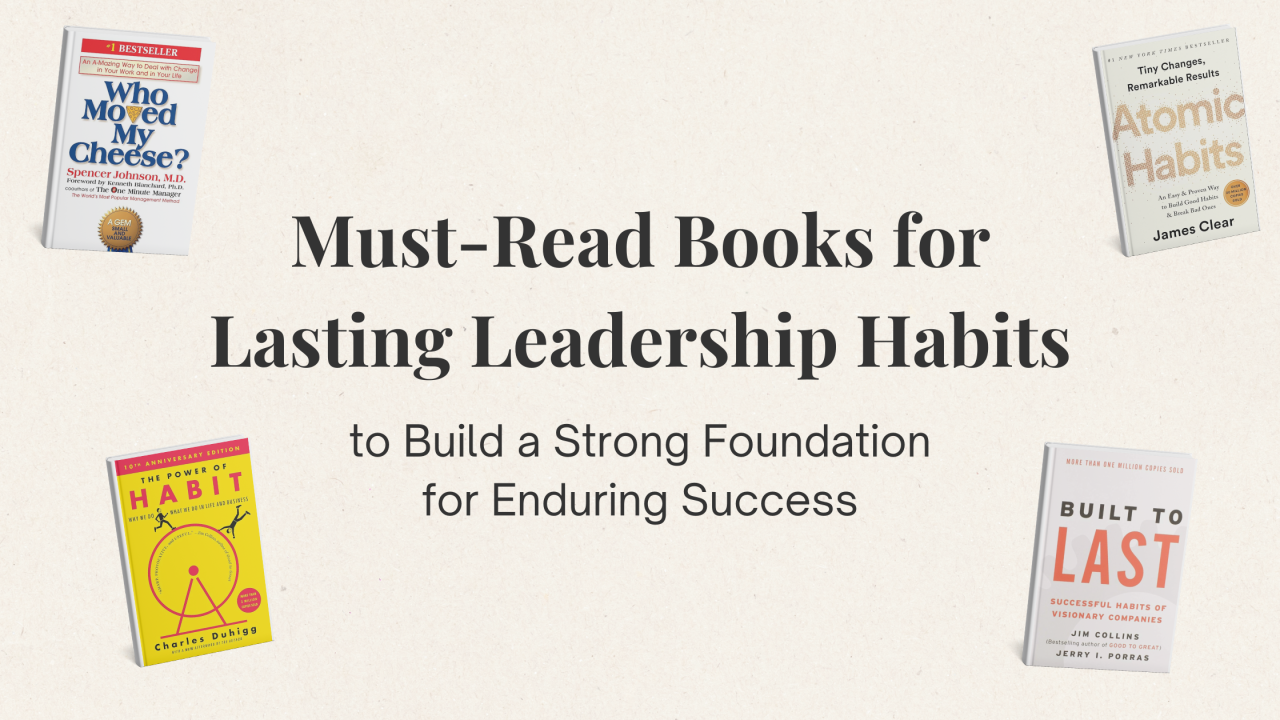While being a leader can be gratifying, it is also tough – and sometimes thankless – work. This challenge is compounded by the fact that modern managers tend to be inundated with a wide range of theories and concepts and philosophies of leadership, ideas that can be contradictory and confusing. So what is a leader to believe?
One philosophy known as servant leadership has been around for more than 50 years, but it still gets positioned as a forward-thinking style of management. Those who advocate for servant leadership believe it inspires team members to go above and beyond the call of duty. Just a few of the large companies that have embraced servant leadership include Starbucks, Whole Foods, Nordstorm, Marriott International, and Zappos.com.
According to the Robert K. Greenleaf Center for Servant Leadership, Greenleaf was the first person to coin the name “servant leadership.” He wrote about it in an essay he published in 1970 titled “The Servant as Leader.” Other proponents of servant leadership have since further developed Greenleaf’s ideas by expanding its concepts and creating more specific guidelines.
Servant-first leaders are at the opposite end of the spectrum from those who primarily operate as leader-first, Greenleaf maintained. And then, “between them, there are shadings and blends that are part of the infinite variety of human nature,” he wrote.
Power Play
People who practice the leader-first style of management are driven to accumulate and exercise power. Their efforts are focused on ensuring the success of their company or organization, or even the success of the leaders themselves.
Conversely, servant-leaders encourage their staff to feel empowered. Servant-leaders are firmly focused on the growth, development and fulfillment of the people and communities they serve. By supporting the emotional well-being of their employees, servant-leaders create a forgiving environment of acceptance where staff feel free to express themselves and don’t fear making mistakes. Servant leadership builds trust, encourages accountability, and champions inclusion. This can lead to stronger team relationships, more insightful decision making, enhanced resilience, and improved long-term success of the company or organization.
During my time serving in leadership roles at the Entrepreneurs’ Organization, I’ve deployed the concept of servant leadership with rewarding results. As I approach my 10th year as a member, I continue to take on leadership positions, and each step of the way has impacted the lives of our membership. It has also supported me in times of need, including two particularly dire situations.
Early in my EO journey, my company went through a Chapter 11 bankruptcy. Some members of my EO forum supported me emotionally and helped me strategize for long-term success, while other members who specialized in areas such as taxation, legal issues, banking, and various other technical areas stepped up when needed.
EO to the Rescue
More recently, an even bigger dramatic development occurred in my life. This crisis unfolded in 2022 when I realized I was experiencing shortness of breath following minor exertion, such as climbing only 10 steps. For an Ironman athlete accustomed to running, swimming and biking for many miles, this breathlessness and exhaustion was a scary development.
As unsettling as it was, I initially chalked it up to Covid given the prevalence of the virus. But when a week passed and my condition didn’t improve, it began to dawn on me that something could be seriously wrong. Like I had so many times before, I turned to the Entrepreneurs’ Organization for advice and assistance.
When I was the local chapter president, I had welcomed a medical doctor into the EO as a new member. I reached out to him, and he kindly made time to speak with me the next morning. And that’s when he made an incredible save. He suspected I could be afflicted with a saddle pulmonary embolism. This life-threatening condition causes blood clots from the legs to make their way to the lungs. If left untreated, sudden death can occur.
I credit this EO member for saving my life. His expert assistance was not a benefit one would expect to gain from a membership to a business networking group. But it’s unlikely my path would have crossed his if I wasn’t serving in a leadership role in EO. Helping the business community by putting servant leadership into action came back to serve me many times over.
Unexpected Benefit
EO gives back when you least expect it. My experience with the organization continues to reveal that the more I lean in to help our community and practice servant leadership, the more our community gives back to us. We just don’t know how, when, and in what form the benefit or reward will come our way.
In my case, not only did I quickly find a doctor through the EO network, but the caring people in our group were even the ones who provided the Covid tests I initially used when I thought I might have the virus. Right from the beginning to the end of my crisis, they were there to support my journey back to good health.
Had I not viewed the EO opportunity as my chance to put servant leadership into action, I might not be here today to tell this tale. While the practice of servant leadership might not yield such dramatic results for me in future, I’m convinced it will continue to have an immensely positive impact on my life and career.




